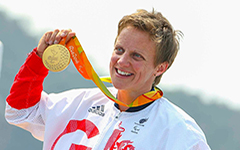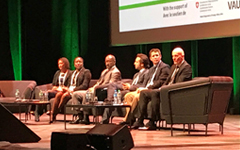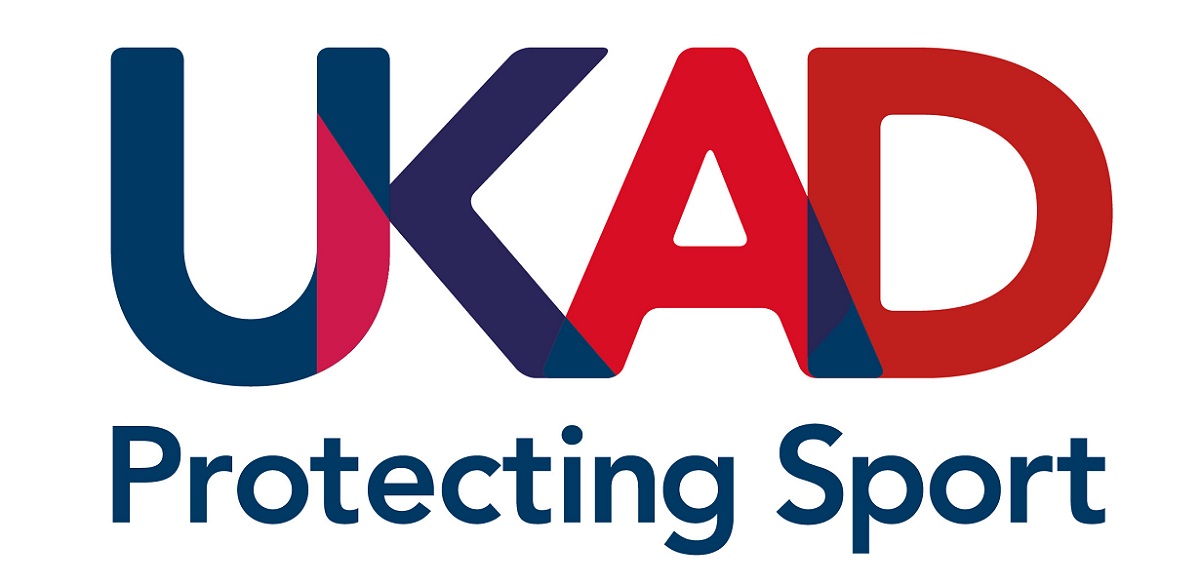Key moments from the inaugural Clean Sport Insight Forum
More than 130 delegates gathered at London’s Congress Centre on Wednesday 4 September for the Clean Sport Alliance’s inaugural Clean Sport Insight Forum, hosted by UK Anti-Doping (UKAD).
The Forum brought together athletes, policy-makers and anti-doping researchers to discuss a range of issues within anti-doping, particularly around supporting athletes and promoting a clean sport environment. The event produced fascinating conversations on the latest trends and considerations in anti-doping.
Clean Sport Alliance Co-Founder, Professor Sue Backhouse, said: “We’ve brought together colleagues from 26 different countries, and what we are trying to do is bridge the gap between research, policy and practice. The only way we’ll do that is through partnerships and idea sharing; today’s Forum presented a great opportunity to put those ideas into action moving forward.”
UKAD Director of Strategy and Education, Resham Kotecha, said: “It was really positive to see so many international stakeholders in attendance at the inaugural Forum, all united in their passion for clean sport.
“We are proud to have hosted the Clean Sport Alliance’s event and we are looking forward to working more closely with the organisation as it continues to develop its 10-year plan.”
Doping is not done in isolation
As part of an athlete panel, UKAD Athlete Commission member, long-distance runner and academic Andrew Heyes shared his insight on the social and cultural environment in which doping may take place. He stated that ‘doping is not done in isolation’.
In the same panel, Slovenian swimmer Sara Isaković spoke of the ‘grey zone’ within anti-doping – in her opinion this is an area where abiding and/or breaking the rules is not as black and white as first thought. Commenting on the use of supplements, Sara added that she was reliant on the support around her, such as her coach, to ensure what she was taking wasn’t prohibited in her sport.
Athlete-led research
Professor Andrea Petroczi from Kingston University summarised research findings from athlete focus groups aimed at exploring the athletes’ views and opinions of clean sport. Some of the key findings that emerged from the focus groups were:
- ‘Clean sport comes from clean athletes’
- ‘Doping will never be eradicated, but it can and should be (better) controlled’
- ‘Clean sport is not drug-free sport. Clean sport is cheating-free sport’
Evidence-based work
Dr Laurie Patterson and Dr Toni Williams gave an overview of anti-doping research – what has been done, core themes and where the gaps are. They showcased findings such as an athlete’s perceived inadequacy, be it struggling with recovery or performance levels, can lead to a situation where prohibited substance use is necessary.
They added that clean sport behaviour is a complex area, and that education needs to move away from the individual athlete and focus on the social, cultural and systemic influences on athletes. Similarly, they noted the need for more evidence-based research to understand clean sport enablers.
The event formed part of the 36-month RESPECT project which is co-funded by the Erasmus+ programme of the European Union. The next event will take place in Slovenia in 2020.



